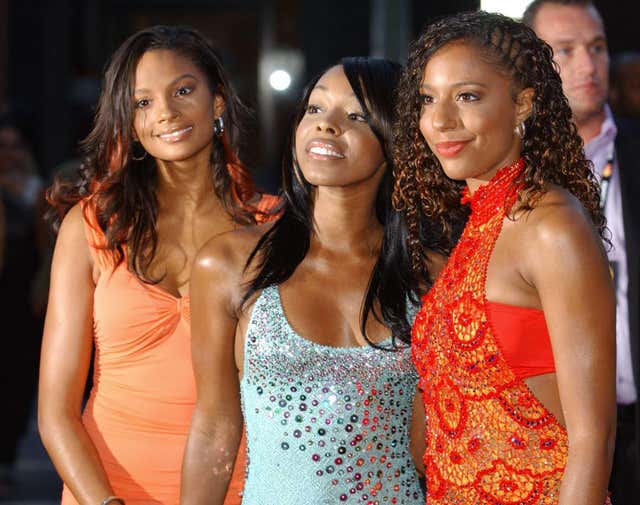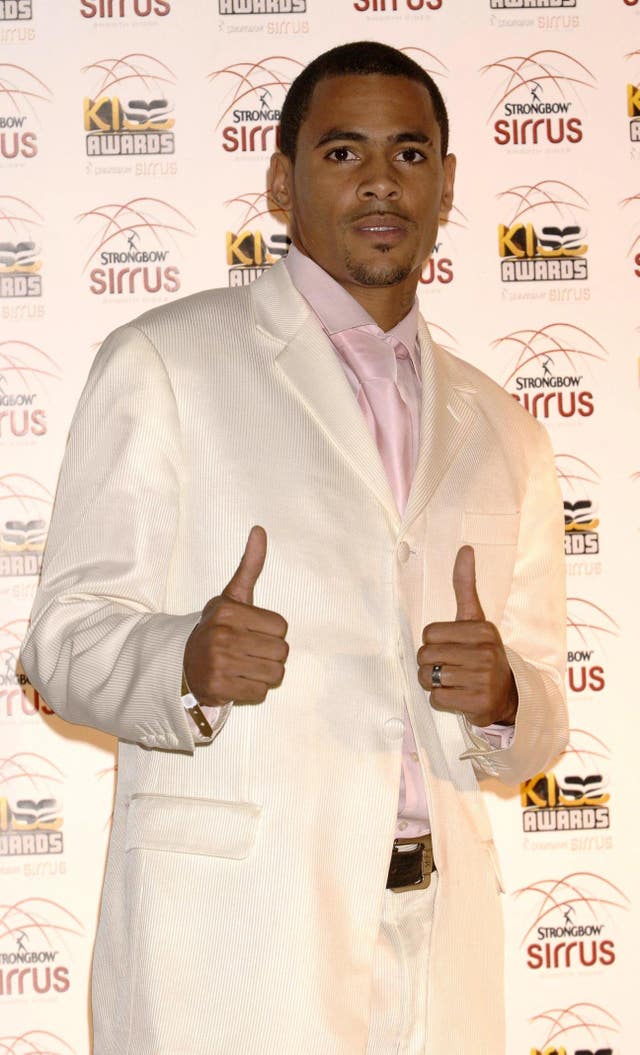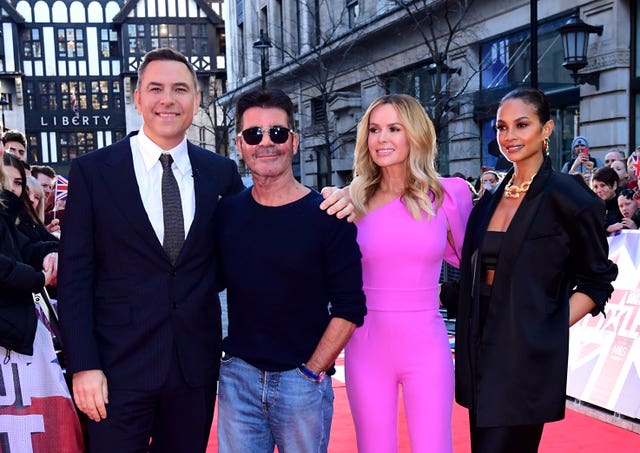Alesha Dixon opens up about lowest point after quitting Mis-Teeq
However, the singer and TV star said the ‘biggest risk brought the biggest pay-off’.

Alesha Dixon has said she “literally thought she had lost everything” after leaving Mis-Teeq.
The Britain’s Got Talent judge, who found fame as a member of the girl group, decided to quit and pursue a solo career in 2005.
However, after spending over a year working on her debut album, Fired Up, she was dropped from her label, before her marriage to MC Harvey from So Solid Crew ended.

Writing in The Big Issue’s Letter To My Younger Self, she said: “My biggest, riskiest decision was to leave Mis-Teeq. I had been in a girl group for eight years. That was my comfort zone.
“But there was an instinct, a feeling towards the end of my time in the group that I wasn’t happy.
“And I needed to leave. I was only 25, I hadn’t paid off a mortgage, I still had bills to pay. So it was a major, major decision.
“I signed a new record deal and spent a year-and-a-half making an album that the record company shelved, then found myself out of a deal. So I was like, oh my god, what have I done?”
The 41-year-old, from Welwyn Garden City in Hertfordshire, said she would tell her younger self to “have faith”.

She added: “There I was, sitting in my house with no record deal, having pretty much lost all the money I’d ever worked for, and some other things that were going on in my life that have been very publicly documented.
“I literally thought I’d lost everything. And then the universe just said: ‘That’s what you thought, but here we go. You’re about to enter into this new phase of your life’.
“And then I had a hugely successful solo record and had this incredible journey when in 2007 I became a contestant on Strictly Come Dancing and I won.
“And that took me on to becoming a judge on the show. The biggest risk brought the biggest pay-off.”
Dixon also rubbished claims that she had a “tough” childhood, due to her father leaving when she was four and her mother suffering domestic abuse from a subsequent partner.

“Lots of people describe my childhood as tough,” she said.
“But I have great memories of being in a very loving household, with great friends and great family… I had a strong grip on what the real world was like.
“But at the same time I was a dreamer. I dreamt about creating the life that I wanted. I dreamt about having a successful family.
“I dreamt about being on stage and travelling the world. So as much as I was a realist, I was also an optimist.”
– The full interview is available in The Big Issue, out now. Due to the coronavirus outbreak, The Big Issue recently took the decision to safeguard its network of vendors by asking them to stop selling on streets across the whole of the UK. You can still support the publication via subscription, details of which can be found here – https://www.bigissue.com/





